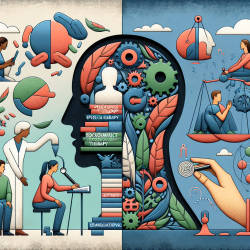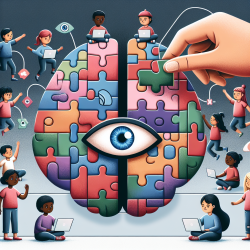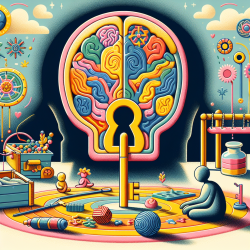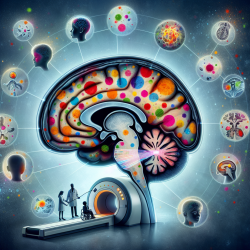As mental health concerns among youth continue to rise, schools are increasingly called upon to provide comprehensive mental health services. The research article "Roles and Functions of School Mental Health Professionals Within Comprehensive School Mental Health Systems" offers valuable insights into how schools can better utilize their existing mental health staff to address these growing needs.
One of the key takeaways from the study is the identification of core clinical competencies required to implement effective school mental health (SMH) systems. These competencies include mental health assessments, counseling, education, and therapy, among others. The study highlights that although school counselors, psychologists, social workers, and nurses are trained in these competencies, their skills are often underutilized in day-to-day practice.
Here are some strategies that can help school mental health professionals maximize their impact:
- Task Shifting: Reassigning tasks that are less central to mental health service delivery to other staff members can free up time for mental health professionals to focus on their core competencies. For example, administrative tasks or general supervision duties can be handled by other school personnel.
- Integrated Models: Implementing an integrated model of school mental health services can ensure that the expertise of different professionals is effectively leveraged. This involves creating a collaborative environment where school counselors, psychologists, social workers, and nurses work together to provide comprehensive support to students.
- Professional Development: Continuous professional development is crucial for keeping mental health professionals updated on the latest evidence-based practices. Schools should invest in training programs that enhance the skills of their mental health staff.
- Data-Driven Decision Making: Using data to plan, monitor, and evaluate mental health services can help in identifying areas that need improvement. This ensures that resources are allocated efficiently and effectively.
- Cultural Responsiveness and Equity: Mental health practices should be culturally responsive and equitable. This involves understanding the cultural backgrounds of students and ensuring that services are accessible to all, thereby reducing disparities.
By implementing these strategies, schools can better utilize the skills of their mental health professionals, ultimately leading to improved mental health outcomes for students.
To read the original research paper, please follow this link: Roles and Functions of School Mental Health Professionals Within Comprehensive School Mental Health Systems.










